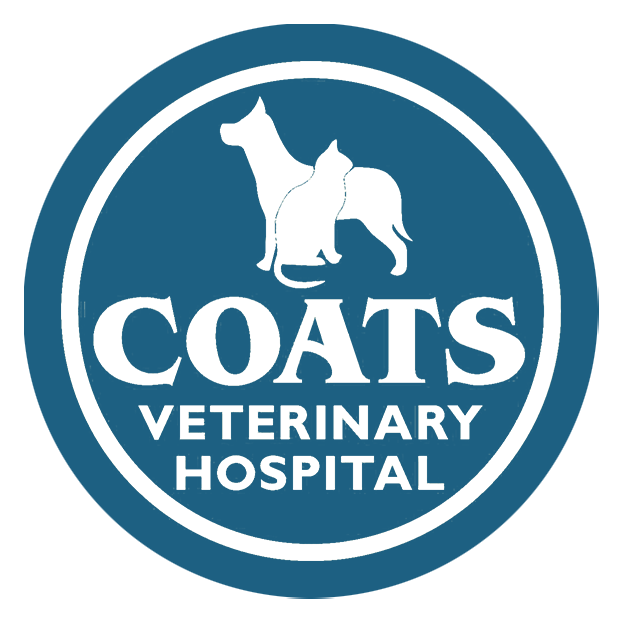Library
-
Selemectin is used topically on the skin to treat various parasites, both on and off label. Side effects are rare but may include hair loss at application site, gastrointestinal upset, skin reactions, or neurologic signs. Use with caution in sick or underweight pets, or dogs with the MDR1 mutation. If a negative reaction occurs, please call your veterinary office.
-
Ophthalmic autologous serum is a blood-derived product used to treat corneal ulcers in animals. Ophthalmic autologous serum is part of the blood and is collected directly from the patient. It is in liquid form.
-
Silver sulfadiazine topical is an antimicrobial used to treat skin infections and burns in cats, dogs, and exotic pets. It is used off label in veterinary medicine. Silver sulfadiazine topical comes in a topical cream.
-
Sucralfate is given by mouth and is used off-label to treat ulcers and erosions in the mouth, esophagus, stomach, and upper small intestine. Give as directed. Side effects are uncommon but may include constipation. Do not use in pets that are allergic to this medication. If a negative reaction occurs, please call your veterinarian.
-
Sugar gliders have become popular pets over the last decade. There are several well-known diseases or conditions that owners of sugar gliders should be aware of. Tooth decay from tartar build-up can lead to tooth root abscesses. Improper diets can lead to low blood calcium, obesity, and tooth decay. Intestinal problems may be caused by an improper diet, a bacterial infection, or a flagellated protozoal infection. It is essential to consult a veterinarian familiar with sugar gliders to select a proper diet and keep your sugar glider healthy.
-
Sulfadiazine/trimethoprim is given by mouth in the form of a liquid suspension or is given by injection in the hospital. It is commonly used to treat bacterial and parasitic infections, sometimes off label, in dogs, cats, small mammals and other exotics. Common side effects include a decreased appetite, vomiting, and diarrhea, although more serious side effects are possible, such as dry eye, or liver, blood, or urinary problems. Do not use in pets that have severe liver damage, blood cell problems, dehydration, or sulfa allergies. If a negative reaction occurs, please call your veterinary office.
-
Sulfadimethoxine is an antimicrobial given by mouth in the form of a tablet or liquid suspension, used primarily to treat coccidiosis. Its use for treating small mammals and reptiles is off label. Common side effects include vomiting, diarrhea, and decreased appetite. This medication should not be used in pets that are allergic to it, pregnant, lactating, or have severe liver or kidney dysfunction. If a negative reaction occurs, call your veterinary office.
-
Sulfamethoxazole/trimethoprim is given by mouth in the form of a liquid suspension or is given by injection in the hospital, and it is commonly used to treat bacterial and parasitic infections, sometimes off label, in dogs, cats, small mammals, and other exotics. Common side effects include a decreased appetite, vomiting, and diarrhea, although more serious side effects are possible such as dry eye, or liver, blood, or urinary problems. Do not use in pets that have severe liver damage, blood cell problems, dehydration, or sulfa allergies. If a negative reaction occurs, please call your veterinary office.
-
Sulfasalazine is given by mouth and is used off label to treat inflammatory large bowel disease and vasculitis. Give as directed by your veterinarian. Side effects include dry eye, decreased appetite, vomiting, yellowing of the skin, eyes, or body fluids. Do not use in pets that are allergic to it or other sulfonamides or salicylates, or in Doberman Pinschers, Miniature Schnauzers, or Samoyeds, or in pets with dry eye/KCS, intestinal or urinary blockages, or severe dehydration. If a negative reaction occurs, please call your veterinary office.
-
Telehealth is a broad term that refers to the use of telecommunications to provide health-related services. Telehealth services can be delivered by a variety of methods including telephone, text messaging, internet chat, and videoconferencing. Teletriage is the act of performing triage remotely, via telephone or internet and helps determine the urgency of your pet’s medical concern. Telemedicine refers to the practice of medicine at a distance. In the context of veterinary medicine, telemedicine refers to a veterinarian formulating a diagnosis and treatment plan for your pet without an in-person examination. Telemedicine is typically only permitted within the context of an existing Veterinarian-Client-Patient Relationship. Given the current COVID-19 pandemic and social/physical distancing requirements however, some federal and local governments have relaxed the requirements surrounding telemedicine.

